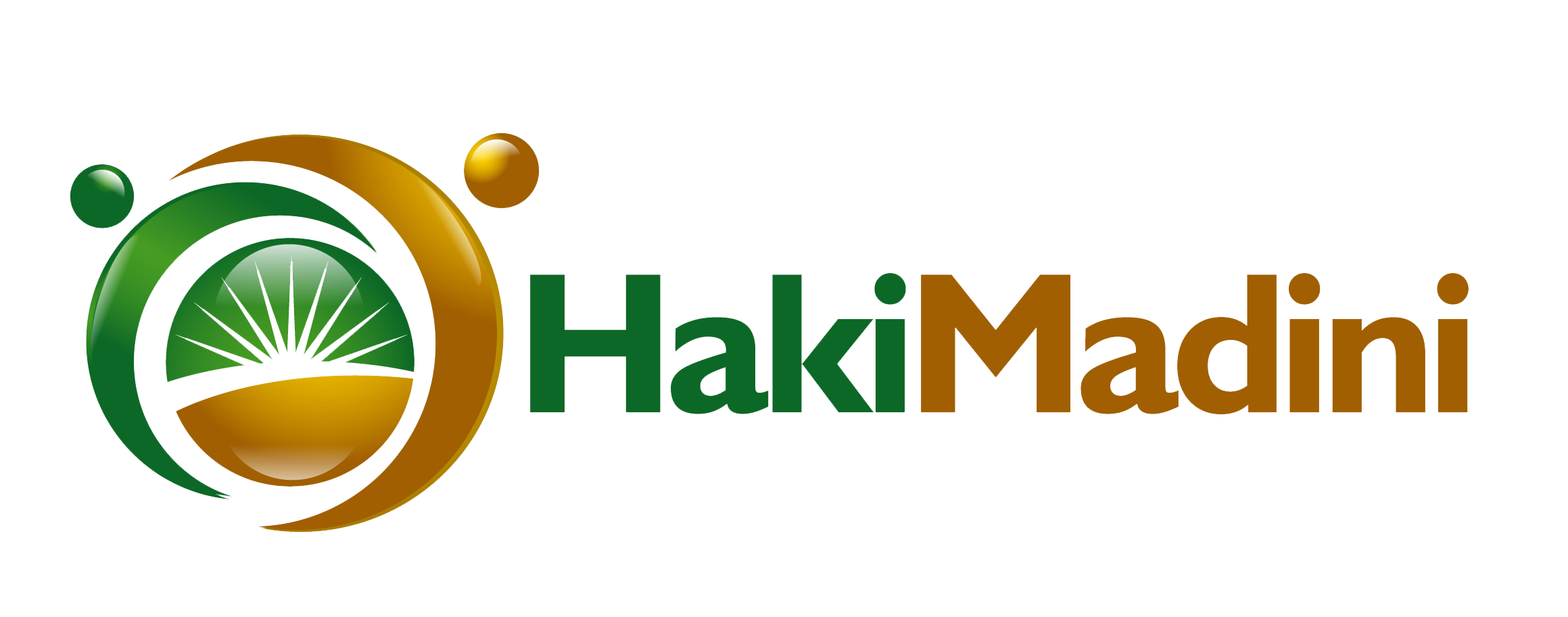Public Education and Activism
Public Education and Activism
HakiMadini’s Public Education and Outreach Program is designed to empower small-scale miners and mining-affected communities through access to accurate, timely, and relevant information. The program focuses on raising awareness and building understanding around key issues such as mining policies, legal frameworks, environmental standards, and community rights.
By providing education and sensitization sessions on laws, regulations, and government processes, the program aims to strengthen the knowledge base of local communities, enabling them to make informed decisions and engage meaningfully in matters that affect their lives and livelihoods. Through community forums, printed materials, media campaigns, and capacity-building workshops, we help individuals and groups understand their rights and responsibilities within the mining sector.
Tanzania is among Africa’s most mineral-rich countries, yet the benefits of its abundant natural wealth have not been equitably shared. Despite the mining sector’s contribution to national revenues, its impact on economic development and social transformation remains disproportionately low. While the liberalization of the mining industry allowed for private sector participation, the absence of strong legal and institutional foundations has led to systemic challenges including marginalization of local communities and disproportionate benefits flowing to multinational corporations.
In response to these realities, HakiMadini’s Public Education and Outreach Program aims to empower mining-affected communities by equipping them with critical knowledge and tools to demand transparency, accountability, and equitable resource governance.
Key Challenges Addressed
Limited public awareness of mining laws and policies, worsened by poor dissemination and the technical nature of legal documents.
Community exclusion from governance and decision-making processes related to mining, compared to more participatory sectors like forestry and fisheries.
Weak organizational capacity within communities to influence policy and safeguard their social, economic, and environmental interests.
Tensions between communities and mining companies, stemming from inequitable benefit-sharing and lack of meaningful dialogue.
Program Strategy
To address these challenges, the Public Education and Outreach Program applies a multi-dimensional approach:
Legal Awareness & Capacity Building
We train paralegals and human rights monitors to support local communities in understanding and asserting their rights. Our team conducts workshops and direct field visits to provide accessible education on mining laws, land rights, and environmental protection.Policy Engagement & Advocacy
We engage policymakers to advocate for greater transparency and equity in the mining sector. Through evidence-based dialogue and strategic lobbying, we aim to influence policy reforms that reflect the voices of affected citizens.Citizen Empowerment
By empowering small-scale miners and community members—especially women and youth—with knowledge and platforms for action, we foster active citizenry that can confidently hold duty-bearers accountable.Media & Outreach Campaigns
To broaden public engagement, we utilize radio and television programs, social media channels (Facebook, Twitter, YouTube), and community forums to raise awareness and spark dialogue around mining governance and social justice.Strategic Networking & Partnerships
We collaborate with local NGOs, international organizations, government agencies, and media outlets to amplify our impact through collective advocacy, joint campaigns, and shared learning.
What We Aim to Achieve
Through this program, HakiMadini seeks to:
Build a network of trained paralegals and human rights defenders within mining communities.
Create a base of informed and proactive citizens capable of engaging constructively with government and corporate actors.
Support engaged communities in advocating for fair policies and benefit-sharing mechanisms.
Strengthen livelihoods and resilience among artisanal and small-scale miners.
Foster a more just, inclusive, and transparent mining sector in Tanzania.
